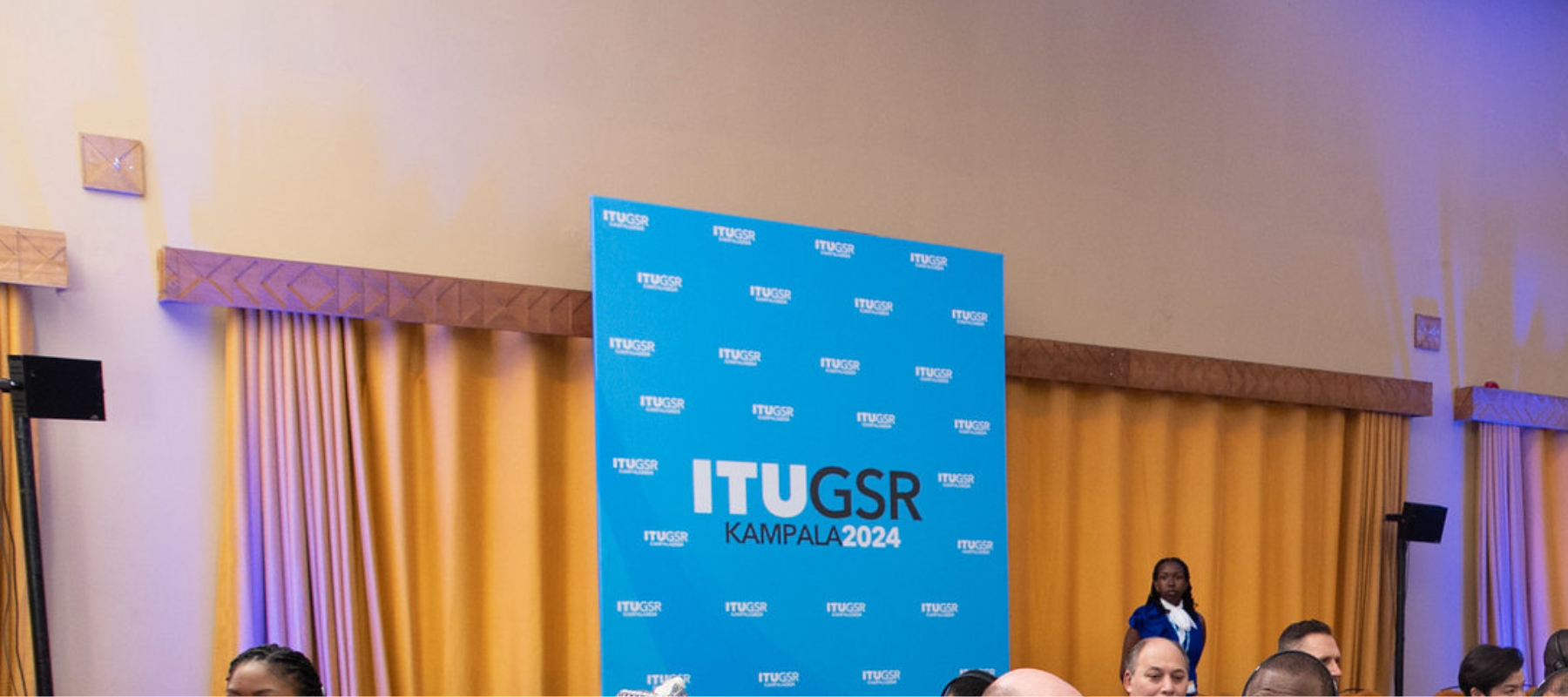African regulators embrace strategy to unlock benefits of transformative technologies

African regulators have endorsed a set of guidelines to maximize the benefits of transformative information and communication technologies (ICTs) at the Global Symposium for Regulators (GSR-24) hosted recently in Kampala, Uganda.
The “GSR-24 Best Practice Guidelines” agreed by ICT regulators include a series of considerations for balancing innovation with regulation to create a positive impact on societies and economies from emerging technologies such as artificial intelligence (AI).
“With one-third of humanity still offline and women and other vulnerable groups on the wrong side of the globe’s digital divides, GSR-24 and the Best Practice Guidelines highlight the innovation, trust, and inclusivity that we need in the policy and regulatory environment,” said ITU Secretary-General Doreen Bogdan-Martin.
“With change being the only certainty facing regulators and policymakers, we must work together to pursue regulatory approaches to leverage transformative technologies such as AI, promote the space economy, encourage innovation, and support climate action and the UN Sustainable Development Goals.”
Organized by the International Telecommunication Union (ITU), the UN Agency for Digital Technologies – the symposium brought together over 600 participants including Ministers, Heads of Regulatory Authorities, industry executives and academics to discuss pressing regulatory issues.
“We are excited that the GSR provides a platform where all thought leaders, regulators, industry players and other key ICT stakeholders converge to dialogue and set the policy and regulatory agenda that will guide the global digital industry over the near future,” said Uganda’s Minister for ICT and National Guidance, Dr. Chris Baryomunsi.
“Best practice now calls for a coordinated and collaborative approach that is inclusive of all relevant stakeholders – if we are to achieve the impact that we all desire. We commit to align our national policies and regulatory frameworks around the well-thought-out Best Practice Guidelines that will encourage investment, innovation, and growth in the ICT sector.”
Regulators at GSR-24 noted that equal, global access to existing digital services would help countries leverage transformative technologies.
AI, for example, could help network operators conduct better planning and prevent fraud, but it also raises challenges associated with privacy, bias, job displacement, and the reliability of information.
“At GSR-24, we discussed core policy and regulatory issues to maximise the potential of digital technologies to improve lives. We addressed key topics, including new developments in the field of generative AI and robotics, building an inclusive, safe, and sustainable space economy, and required interventions in addressing climate change challenges,” said Dr. Cosmas Luckyson Zavazava, Director of ITU’s Telecommunication Development Bureau.
Other announcements at GSR-24 include the Africa’s National Broadband Mapping Systems project, supported by the European Commission. The project will help establish broadband mapping systems to foster investment and digital transformation in Africa. With a budget of EUR 15 million over four years, the project will initially benefit 11 countries: Benin, Botswana, Burundi, Côte d’Ivoire, Ethiopia, Kenya, Malawi, Nigeria, Uganda, Zambia and Zimbabwe.
Follow us on Telegram, Twitter, and Facebook, or subscribe to our weekly newsletter to ensure you don’t miss out on any future updates. Send tips to editorial@techtrendsmedia.co.ke


